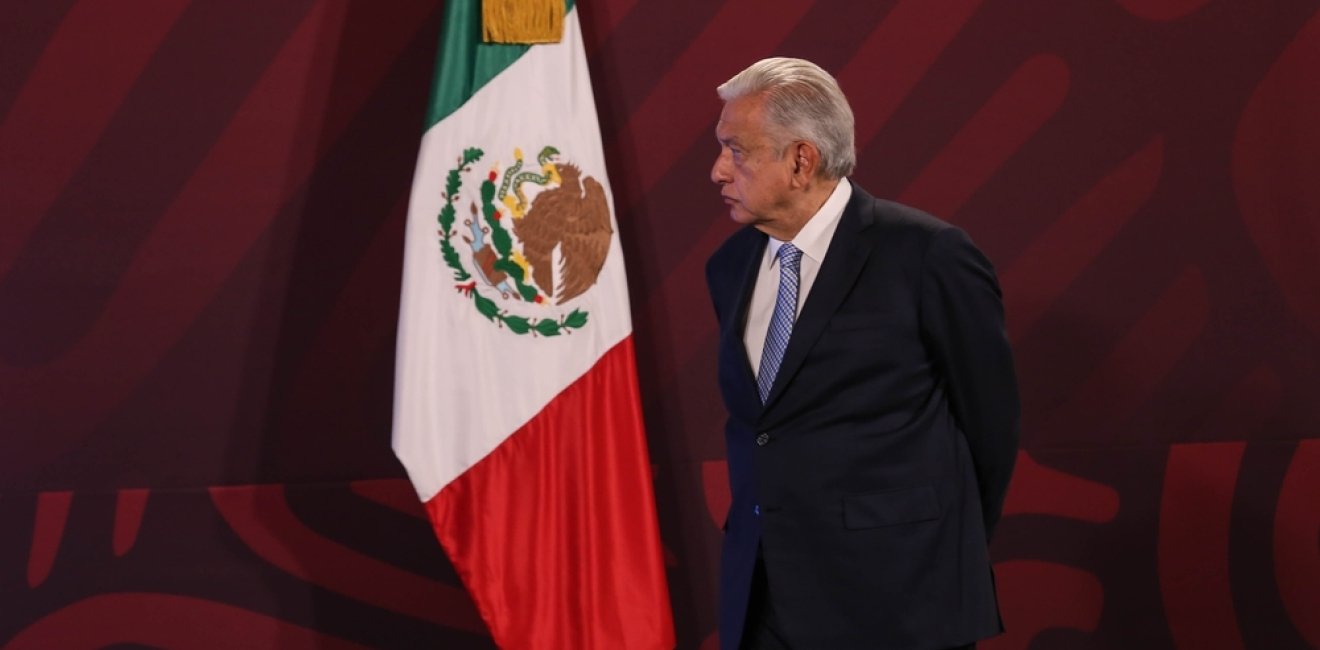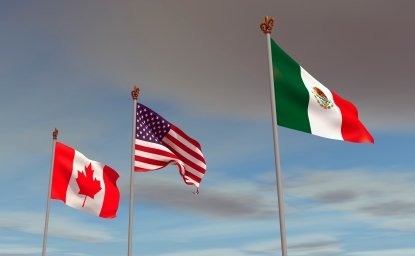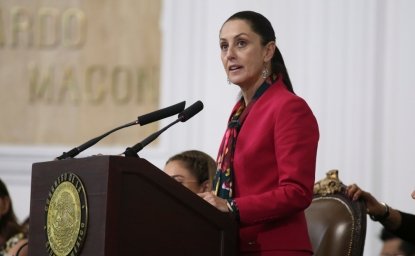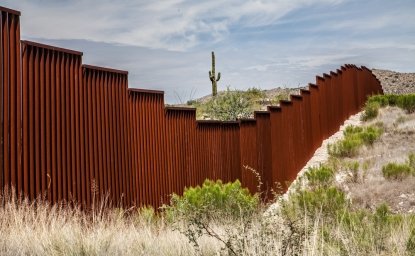Week of 01/28/2024 - 02/03/2024
AMLO denies accusations of having received campaign funding from drug cartels in 2006
On Wednesday (01/31), President López Obrador rejected all accusations that he had received financial support from drug cartels during his unsuccessful 2006 presidential campaign.
The accusations originated with a report by American journalist Tim Golden of ProPublica, which cites an investigation by the US Drug Enforcement Agency (DEA) claiming that Mexican cartels had channeled $2 million into López Obrador’s first campaign in 2006.
The President called Golden a “mercenary of the DEA,” and he denounced the reports as slanderous and lacking evidence. López Obrador also noted that he finds it ironic that such a report would come out during election season and in the midst of high-level meetings with US officials on security and migration.
Personal information of 263 journalists leaked after hack
On Monday (01/29), officials from Mexico’s Secretariat of the Interior announced that government computers had been hacked the previous week (01/22), which exposed the personal information of at least 263 journalists.
The government had access to that information because it was used to vet the journalists who attend the President’s daily press conferences, and the leak includes financial information as well as personal data like home addresses.
Officials informed that the hack came from an IP address in Spain, and the system was accessed using the login of a former employee. The government vowed to increase security measures and provide protection for the journalists who are at risk of physical or financial threats.
Economic growth slows down in the last four months of 2023
According to preliminary numbers published on Tuesday (01/30) by the National Institute of Statistics and Geography (INEGI), the Mexican economy grew by only 0.1% in the last trimester of 2023 from the previous four-month period.
The expected growth rate for the last four months of the year was 0.3%, and although the Mexican economy did not reach this number, the 0.1% growth rate means that Mexico has experienced nine consecutive trimesters of economic growth.
The National Institute of Statistics and Geography (INEGI) highlighted that the slower-than-expected economic growth comes from a decrease in the growth of primary activities like manufacturing and agriculture, which had been strong in previous trimesters of 2023. Although the data has not been finalized yet, Mexico’s economic growth for all of 2023 is expected to be 3.1%.
Supreme Court rules in favor of competition in the energy sector
A panel composed of five Supreme Court justices ruled on Wednesday (01/31) that a constitutional reform introduced by President López Obrador concerning the energy industry is unconstitutional.
The reform, which had passed in 2021 after being proposed by López Obrador, gave an advantage to the state-owned Federal Electricity Commission (CFE) over privately-owned energy firms. The five-judge panel decided that this reform is unconstitutional because it does not allow for free competition in the energy sector.
According to experts, this ruling may allow for Mexico to implement more renewable energy measures. The state-owned CFE depends mainly on the use of fossil fuels, but privately-owned power companies, which will now be able to compete freely with CFE, often use renewable, cleaner energy.







